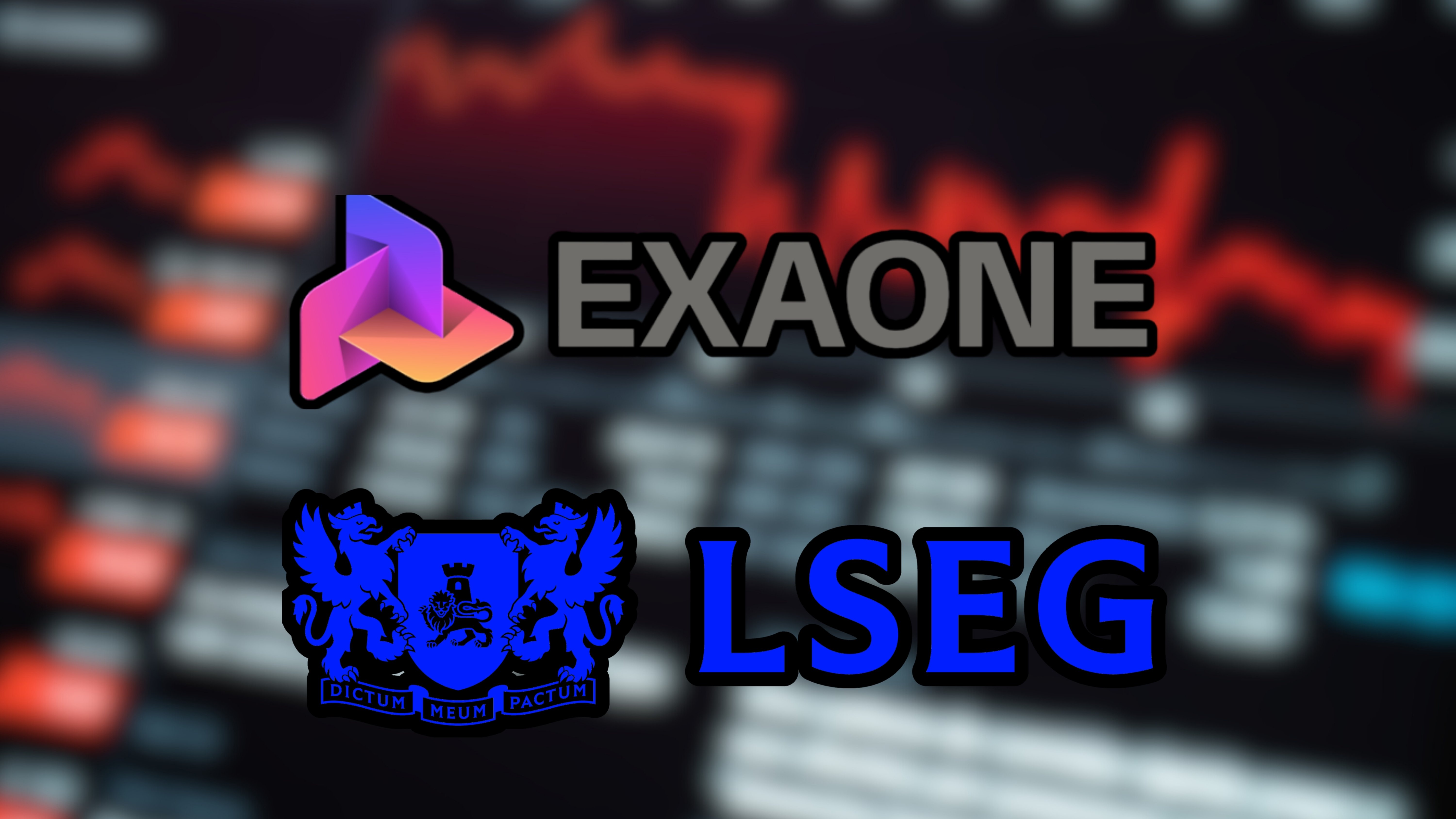LG AI Research and LSEG have launched an AI forecasting tool that scores around 5,000 NYSE stocks daily. It combines LSEG’s financial data with LG’s EXAONE model. The service was presented to Korean financial institutions in Seoul.
The AI Equity Forecasting Score provides a numeric outlook and a short explanation for each stock. It analyses structured market data and unstructured filings and news. LG says this improves transparency in automated research.
LSEG says the partnership combines its global data infrastructure with LG’s modelling capabilities. According to LG, the system can uncover patterns that traditional analysis often misses. Daily scores and weekly commentary are already available.
Pilot testing is underway in the US, Europe, Japan and Korea. Analysts say wider adoption will depend on clear performance metrics and independent validation. They also note the lack of disclosure on trading frictions.
LG plans to expand the service to more markets and add tools for portfolio construction and commodities. Deeper integration with LSEG’s APIs is also being explored. LG describes the system as a daily, automated investment memo.
Would you like to learn more about AI, tech, and digital diplomacy? If so, ask our Diplo chatbot!










